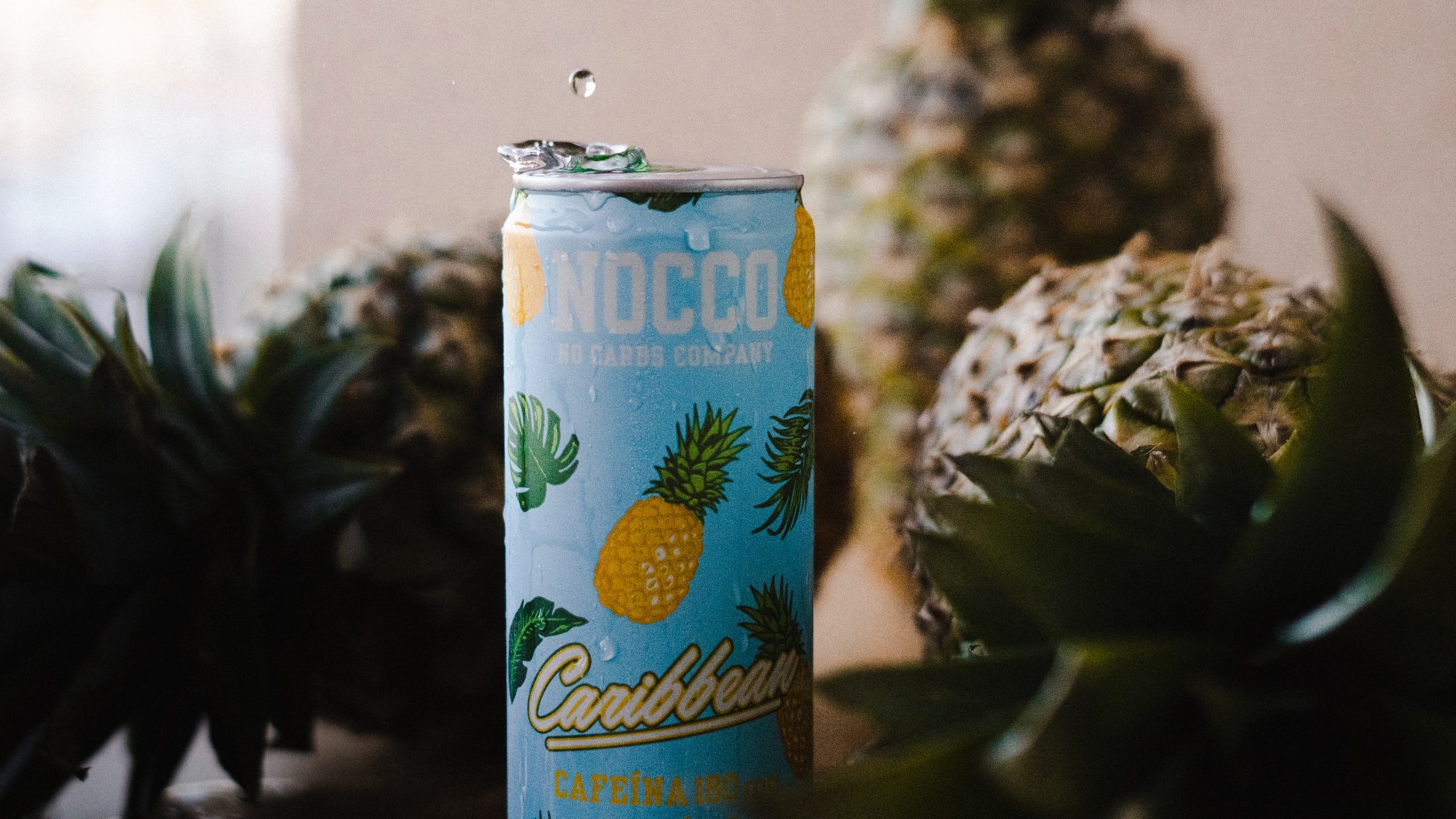What are BCAAs and their benefits? Should athletes take it?
If you’re an athlete or a recreational exerciser, no doubt you would have heard of BCAA’s. You may have even taken it in drink form or pills in hopes that it will help you recover better and build muscle.
BCAA products promise anabolic properties, which means more muscle, better recovery and less body fat.
So, what exactly are BCAA and are these claims true? Let’s look at the evidence.
What are amino acids?
Amino acids are the most basic unit of protein. Amino acids are categorised into groups of essential amino acids or EAA (so called because they cannot be produced by the body), non essential (which can be produced by the body) and conditionally essential (these to a certain extent can be produced by our bodies, but under certain conditions only).
If you’re a regular exerciser, you probably know the basics of how skeletal muscle is built; through a process of breaking down and then building back up.
The anabolic state in protein synthesis must be superior to the catabolic state in order for muscle to build. In other words, the balance between protein synthesis cannot remain negative so the building process has to be greater than the breaking down process.
This is where BCAAs come in.
What exactly are BCAA’s?
BCAA’s are branch chained amino acids, or amino acids that have side chains. They fall into the essential amino acids category, which mean that they cannot be produced by the body.
BCAAs are made up of isoleucine, leucine and valine. Of the three, the most talked about amino acid is leucine, since it has the power to stimulate muscle growth.
So why not just take just leucine if we want to build muscle?
Because although leucine is needed for protein synthesis, it cannot act alone, and therefore needs all of the amino acids (EAAs and NEAAs) to do it’s work.
It’s like trying to tell the story of Harry Potter without Hermione and Ron, or any of the other characters that bring the story to life. It’s just not possible.
BCAAs aren’t effective on their own
In one study, scientists tried to see whether an anabolic state could be produced by administering BCAA intravenously, and found that “muscle protein synthesis actually decreased due to lack of availability of EAAs resulting from a decrease in protein breakdown.” (Wolfe, R.)
So basically, in order for there to be protein synthesis, an abundance of all EAAs must be present.
What about other protein supplements?
While supplementing with BCAA is unlikely going to give you any advantages, supplementing with protein powders like whey and soy can aid in recovery, increase performance and help you build muscle.
In fact, one meta-analysis compared the use of BCAA to whey, and found that whey produced 50% better results and lasted longer.
Here are a list of common protein powders that might also help you recover better and build muscle:
whey
soy (FYI, soy is a complete source of EAA)
pea
hemp
Make sure you are getting enough protein
How much protein an athlete needs will vary from person to person depending on their goals, training volume and type of sport but here is a rough outline:
A moderately active woman may need anywhere between 0.7-1.2g of protein per pound of body weight depending on her training volume and physique goals
A moderately active man may need anywhere between 0.8-1.25 depending on the same variables
Athletes with even higher volumes of training may need even more.
What you can do to optimise protein synthesis
Besides making sure you get an steady supply of protein in your body, you can also practice some basic protein nutrient timing. This means making sure that you consume protein with every meal, throughout the day.
Studies have found that consuming reasonable amounts of protein evenly distributed throughout the day can increase muscle protein synthesis by up to 25%.
To conclude…
While it may be a good idea to supplement with protein to increase performance and help in recovery, you don’t actually need to take BCAA, since inexpensive forms of protein are readily available on the market.
Does it mean you should stop taking it, if you already are? Absolutely not! If you happen to have a case of BCAA drinks and tablets, it’s totally fine to continue to keep taking it. It’s just not necessary, plus you might also be saving yourself some money!
Did you find this blog helpful? Comment below!
Resources
Wolfe RR. Branched-chain amino acids and muscle protein synthesis in humans: myth or reality?. J Int Soc Sports Nutr. 2017;14:30. Published 2017 Aug 22. doi:10.1186/s12970-017-0184-9
Madonna M. Mamerow, Joni A. Mettler, Kirk L. English, Shanon L. Casperson, Emily Arentson-Lantz, Melinda Sheffield-Moore, Donald K. Layman, Douglas Paddon-Jones, Dietary Protein Distribution Positively Influences 24-h Muscle Protein Synthesis in Healthy Adults, The Journal of Nutrition, Volume 144, Issue 6, June 2014, Pages 876–880, https://doi.org/10.3945/jn.113.185280





